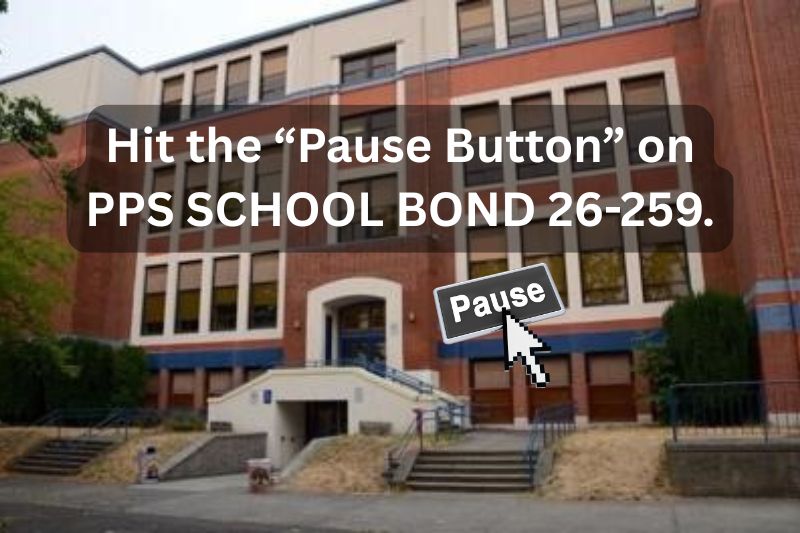By Kathryn Hickok
Children are unique, with different talents, interests, and learning styles. A school that works well for one child doesn’t necessarily meet the needs of another. What if all students could attend schools that helped them learn best?
Empowering parents to choose the best educational environments for their children is called school choice. School choice programs allow education funding to follow students to the schools or learning services that their families choose. It puts parents “in the driver’s seat” of their children’s education, helping families customize education to meet their children’s specific needs and circumstances.
Thirty-three states, Washington, D.C., and Puerto Rico are expanding students’ academic opportunities through 75 different educational choice programs. According to EdChoice (a nonprofit that promotes educational choice), more than 22 million students now can participate in a private school choice program—about 40% of all students nationwide.
Different school environments help children learn in the ways that are most beneficial for them. Oregon can increase options for students by lifting the enrollment cap on charter schools, expanding public school district transfer options, and “letting the money follow the child” through an Education Savings Account program. Oregon students would be served well by letting their families choose the schools and resources that best promote their academic success.
Kathryn Hickok is Executive Vice President at Cascade Policy Institute, Oregon’s free market public policy research organization, and Director of Cascade’s Children’s Scholarship Fund-Oregon program.












